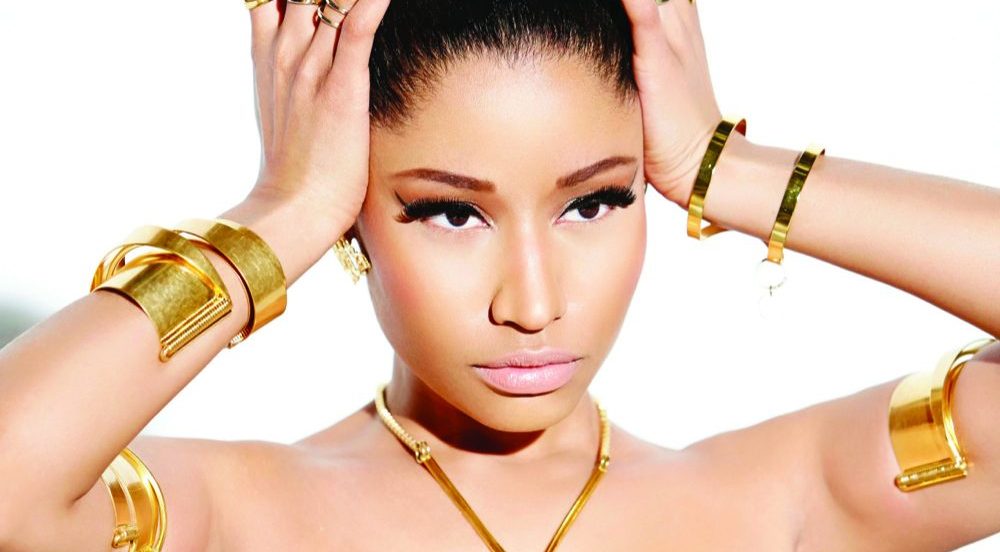
Non-profit brings dazzling visuals to real-life issues
By Mercedes Deutscher, News Editor
In 2004, Sean Muir, a Cree and Ojibwe man, thought that there had to be better ways to teach Indigenous youth about health and wellness than simply through pamphlets and lectures. Muir remembered the stories that enthralled him as a child, and the stories that his children loved. He saw that through stories, there was the power to connect with people. One year later, he created the Healthy Aboriginal Network (HAN), a non-profit organization that would channel messages of wellness using comic books and animation.
As a non-profit agency, HAN often struggles to produce their content within a tight budget. They were not able to produce as many comics after the 2008 global recession, which resulted in reduced budgets in health, justice, and education. Funding also became more difficult to obtain during the Harper period, which sought to cut costs in these departments.
Muir presented “Not Just Words: Comic Books, Health, and Indigenous Youth” in Douglas’ Aboriginal Gathering Place on March 17.
He saw that many Indigenous youths were falling through the cracks in regard to health, education, and the justice system. Many of them came from homes that had been damaged by colonialism. Others were from communities with lower levels of education, and struggled with literacy. Muir saw an opportunity to better connect with these young people through comics.
HAN started with the issues of suicide and diabetes prevention.
“Standing Together,” the first comic produced by HAN, was picked up and distributed by Vancouver Coastal Health. The comic became a wild success and went on to sell half a million copies.
Muir recounted the feedback that he received from an older man, who initially suggested the comic’s themes were too dark. Muir brushed aside the criticism. Several years later, he was approached again by the same man, who had a more positive opinion on the comic after it personally affected his family.
Someone had given a copy of the comic to the older man’s grandchild. The story resonated deeply, and the grandchild came forth to his family about the suicidal thoughts that they had been having.
Later on, HAN started sharing stories about sexual health, gang violence, and child protection. They also started utilizing animation as a way to get their messages across.
Muir showed “Level Up” in the seminar on Friday, a touching motion comic about a boy named Terry. Terry lives on a reserve and has decreasing motivation to finish his high school education. After a confrontation with his mother, Terry is sent to the city for a weekend to spend time with his cousin, a game designer. His cousin, using video games, helps Terry realize that finishing his education will allow him to pursue more opportunities later on in life.
Another animation presented in the seminar was a whiteboard animation about a boy named Nate who experiences racism for the first time. His sister explains the history of European contact, the Canadian case of colonialism, and its systemic effects on Indigenous culture.
The stories that HAN presents all conclude with a happy and uplifting ending, in order to inspire youth. A lot of the experiences that these characters go through are similar to those of the films’ target audience. The comics and animations have been tested in focus groups, often composed of marginalized youth. Many of these youths have responded positively, although some criticized the comics for being too sugar-coated, and they reminded Muir that not all of these scenarios wind up with happy endings.
Still, the stories that Muir shared in the seminar produced an emotional reaction. One man in the audience had attended a residential school in his youth, and later struggled with drug abuse and trauma. He applauded Muir and HAN for the difference that they were making in the community, and wished that such an organization had been around earlier.

